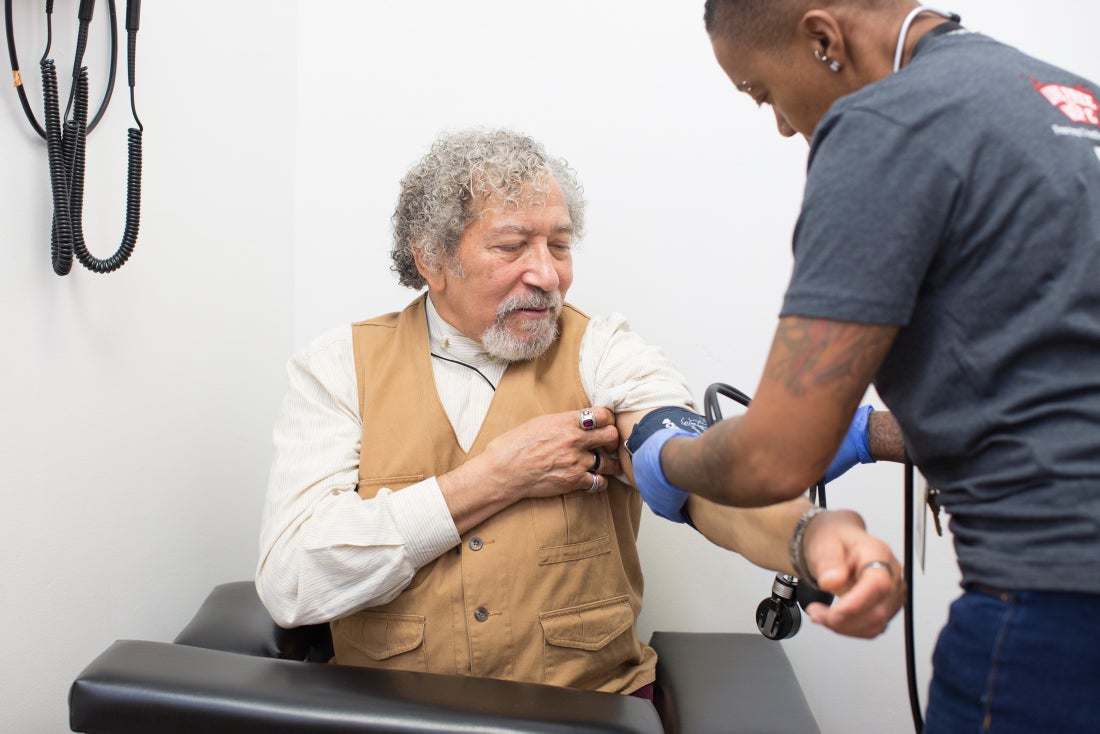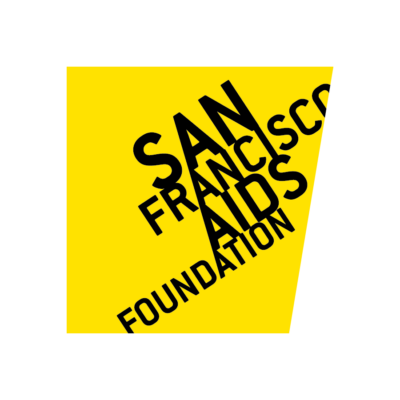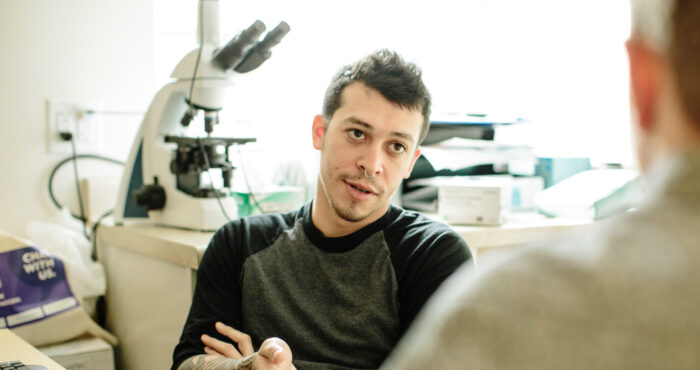Overcoming shame, stigma & structural barriers to provide HIV care for Spanish-speaking communities

HIV treatment and care is easier than ever before: For many people living with HIV, treatment involves taking one pill a day. And with a better understanding of “undetectable” and that undetectable equals untransmittable (U=U), people living with HIV can be reassured that HIV transmission can be prevented through medication adherence and maintaining an undetectable viral load.
Unfortunately, not all communities benefit equally from access to quality HIV care and treatment. Monolingual Spanish-speakers, particularly those who are recent immigrants or are undocumented, may face extra challenges to getting and staying in care.
“Some of the biggest challenges may be shame, fear, and lack of trust in medical systems,” said Heidi Ortiz, a benefits navigator at San Francisco AIDS Foundation. “I see people all the time who aren’t used to talking about HIV, who don’t have a lot of familiarity with things like staying in medical care, setting up appointments, and taking care of a chronic condition.”
Ortiz, a native Spanish speaker originally from El Salvador, said that it’s not uncommon for her to hear incredibly traumatic stories from clients originating from Latin America about coming out as gay or living with HIV. One client shared that they received a demotion at work after word got out that they were living with HIV. Others have shared stories of coming to the U.S. after being excluded from friend groups, rejected by families, or being physically victimized for being HIV-positive. Many seek asylum once they arrive in the U.S.
“Coming from a place of trauma myself, I’m able to put myself in their shoes and just connect,” said Ortiz. “Sometimes, you just need to take someone’s hand, and give them a hug. These are things that some people refuse to do back home, because they think they’ll catch AIDS from giving you a handshake. That’s why it’s important to connect with folks in that way.”
The team provides “rapid” starts on HIV medication for people who are newly diagnosed with HIV, HIV medications for emergency situations (for instance, if a person is visiting the Bay Area, and runs out of medication), and medications to people who need to restart HIV treatment. Ortiz and the rest of the health navigation team help clients overcome logistical barriers to accessing HIV treatment and care–going above and beyond to figure out what can be done to make things easiest on the client.
“Maybe they don’t have insurance. And they qualify for MediCal, but they just don’t know how to fill out an application. Or, they want to make an appointment, but because they don’t have housing, it’s tough for them to figure out where they’re going to be in a few days,” said Ortiz. “All of this kind of collides into us just doing things right away–if a client is here, we’ll make sure they walk out the door with medication.”
“We see a lot of people living with HIV–both newly diagnosed and those who have been diagnosed before–who are coming to San Francisco from other places and have no idea what services or medical care are available to them,” said Reina Hernandez, associate director of HIV and PrEP navigation. “Many have never had access to care or benefits in their home country. And when they get here, they may feel scared to access services because of their HIV status or immigration status. It’s a huge issue.”
In addition to connecting clients with HIV support and treatment, the team links clients to other social and support services, including the LGBTQ Asylum Project, housing and food resources, and other organizations serving Latinx and Spanish-speaking communities.
It’s important to do this, said Hernandez, because of how intimately linked HIV health is to other aspects of social and emotional health. “Someone’s adherence to HIV medication, for example, is very much tied to their wellbeing overall. That’s why it’s so important for our team of Spanish-speaking staff to be able to connect with clients, and offer them all of the support they need to overcome trauma and be able to care for their health in the best way possible.”










